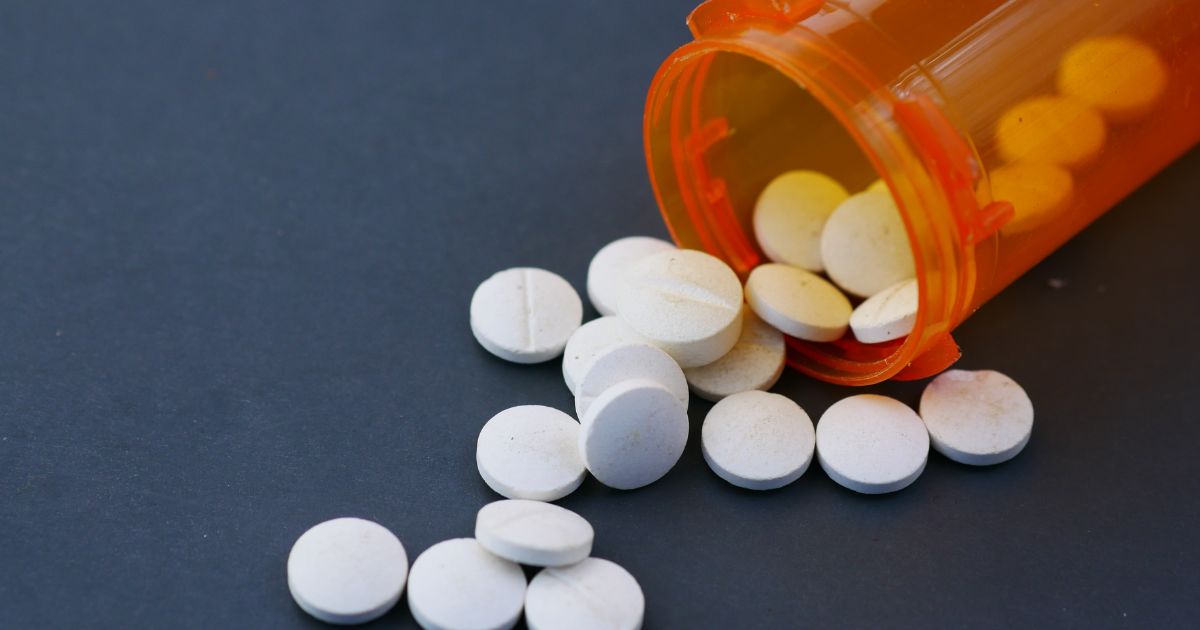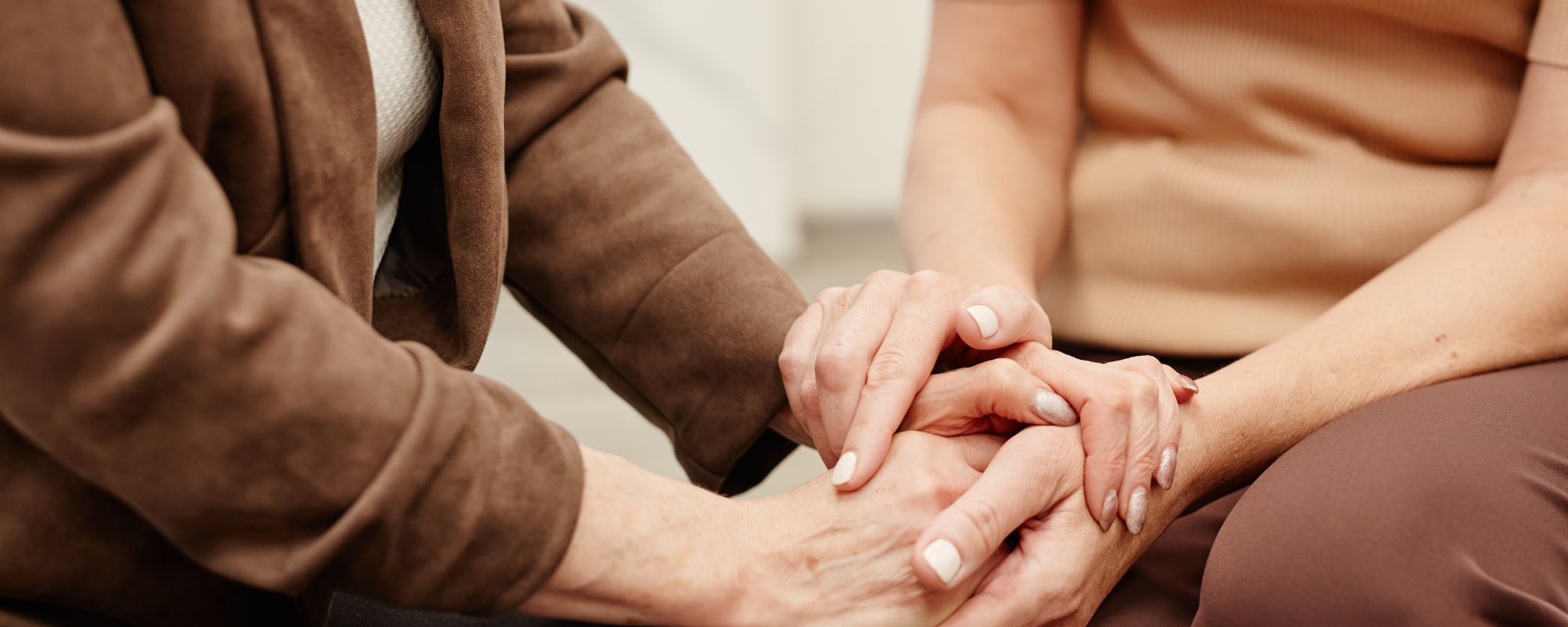Staging an intervention is a difficult, but sometimes necessary, step if your loved one has a substance use disorder. Addiction is not uncommon, with over 20 million Americans dependent on a substance, and you may realize that a loved one has developed a harmful tolerance to drugs or alcohol. Sometimes, it’s less obvious that someone is using, but there are several signs of a drug or alcohol problem that warrant the need for an alcohol or drug intervention.
Manipulation
Someone with a substance problem will often lie and deceive others to obtain drugs or alcohol. They may attempt to cover up their addiction by making excuses— “I don’t do this all the time”— or by hiding bottles or prescriptions.
Financial struggles
Money problems often accompany manipulative behavior, as someone with an addiction will often go to extreme lengths to obtain drugs or alcohol. These lengths might include lying to family members or stealing. If your loved one is unable to explain where their money is going or why they are struggling financially in spite of a paying job, they may be spending their paycheck on drugs or alcohol. Money troubles are often a good indicator that an alcohol or drug intervention is needed.
Mood swings and odd behavior
People in active addiction are often unpredictable and may exhibit moods and behaviors that are out of character. Withdrawal from substances can cause irritability and a variety of psychological and physiological symptoms that can impact mood and behavior. The same substance can affect a person in different ways, depending on how much has been used, in what way, and with what other substances, if any.
Pay attention to patterns in mood and behavior, such as when reactions come and go and how your loved one responds to them. Irritability is common when someone is withdrawing from substances.
Isolation
Someone using substances may choose to cut themselves off from others and activities that they used to enjoy engaging in. This might be linked to co-occurring mental health disorders like depression or to withdrawal symptoms, but isolation is generally a sign that something is not okay and may accompany using or precipitate a relapse if the person is sober.
Worsening mental health
Addiction is often accompanied by mental health disorders such as depression, bipolar, and anxiety. Addiction feeds into these disorders and vice versa. Someone who is already using substances may become more reliant to drugs and alcohol to self-medicate. They may be reluctant to admit that they have a problem and might become defensive if you suggest that they need help by staging an alcohol or drug intervention, so do your best to intervene in a calm and caring way.
Try to keep emotions such as anger at bay; unless you have a substance use disorder yourself, you can’t fully understand the disease. Even if you understand the disease, you can never understand exactly how it affects your loved one. Rather than make accusations and placing blame, let your loved one know that you are worried about them and that you are getting involved out of concern for their health and safety.
It is important to not stigmatize addiction in an alcohol or drug intervention, so don’t assume things or assign labels. Instead, tell your loved one that you will help them to get treatment and support them in their recovery efforts. Be firm, though; let them know that their behavior will not continue to be tolerated and that they need to make changes.
A holistic approach to addiction treatment
Royal Life Centers is a network of full-service drug and alcohol medical detox, treatment, and aftercare facilities. Our threefold approach to treating substance abuse focuses on rebuilding mind, body, and spirit, and our therapy programs and staff of addiction specialists help uncover the roots of addiction. We treat dependence on alcohol, cocaine, methamphetamine, benzodiazepines, and opioids, and our admissions staff is available 24/7 at (877)-RECOVERY to provide support and answer all of your questions.









